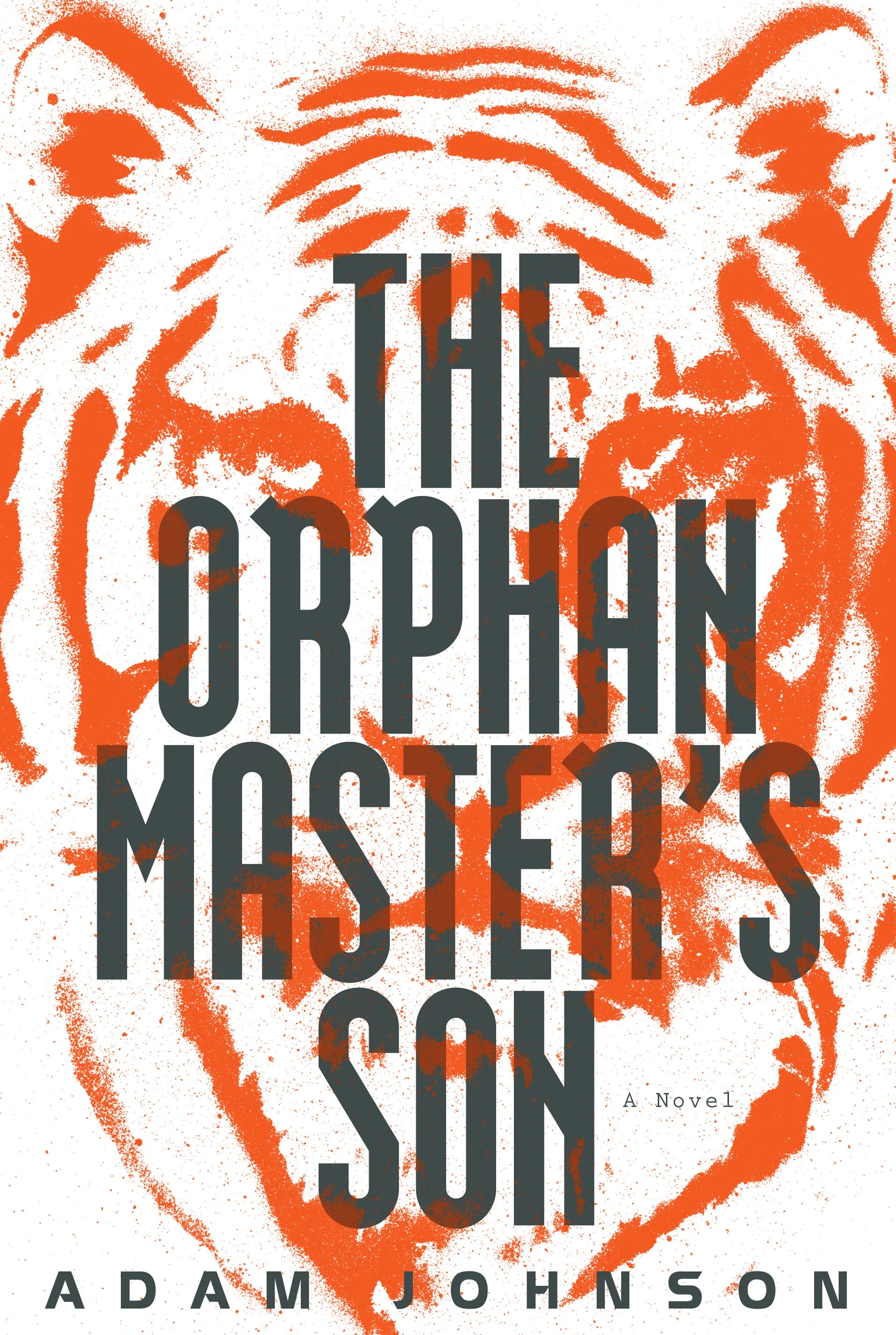Nick Pateras | The Orphan Master's Son
BOOK REVIEW
The Orphan Master’s Son – Adam Johnson
A gripping tale that sheds light on the most secretive nation on the planet
I picked this novel up before my visit to North Korea with the intention to finish it well ahead of my trip, but unfortunately I baulked at its intimidating size and intense first few pages, soon thereafter succumbing to a lighter read. However, when I summoned up the mental energy to give it another shot I found it was an incredibly rewarding read. While one of Johnson’s primary objectives is to illuminate his readers as to life in the ‘necrocratic’ North Korea (the last contemporary Stalinist state to remain today), the story within The Orphan Master’s Son is really beautiful and takes the reader on a full ride of emotions.
Perhaps the line that best captures the book’s literary expertise is editor David Ebershoff’s proclamation that the book represents ‘a true mastery of genre’, as Johnson meanders through an array of tones with every twist, such as high tragedy, irony, satire and terror. Once or twice, the graphic detail actually forced me pause reading, such was the vividness with which my imagination visualized the scene. Probably my favourite tool employed by Johnson features in the second section of the novel, wherein he flips between two different time points in the storyline, slowly closing the gap between the two until the reader is able to connect all the dots and step back to appreciate the larger picture. The delightful outcome of this creative decision is the insight into the way the North Korean propaganda system operates; manipulating and molding stories out of nothing through its Orwellian, omnipresent loudspeakers, all in an effort to ensure the state and Dear Leader remain infallible in the mind of its citizens. As laughable as it may seem, I can personally attest to the accuracy of Johnson’s representation of the propaganda language, having read several translated issues of The Pyongyang Times when I was in the capital.
"But people do things to survive, and then after they survive they can't live with what they've done."
When I finished the novel I felt as though I’d sat through a three-hour action-packed film, for many reasons: obviously at times I was stunned that there was still more to come given so much had already taken place in the plot, which was occasionally a fatiguing sensation. However, my overwhelming feeling was to take a huge breath after such a whirlwind of an experience and to spend some time reflecting on the depth and emotions of one of the best novels I’ve read in several years.
-NP, Sept. 2013
